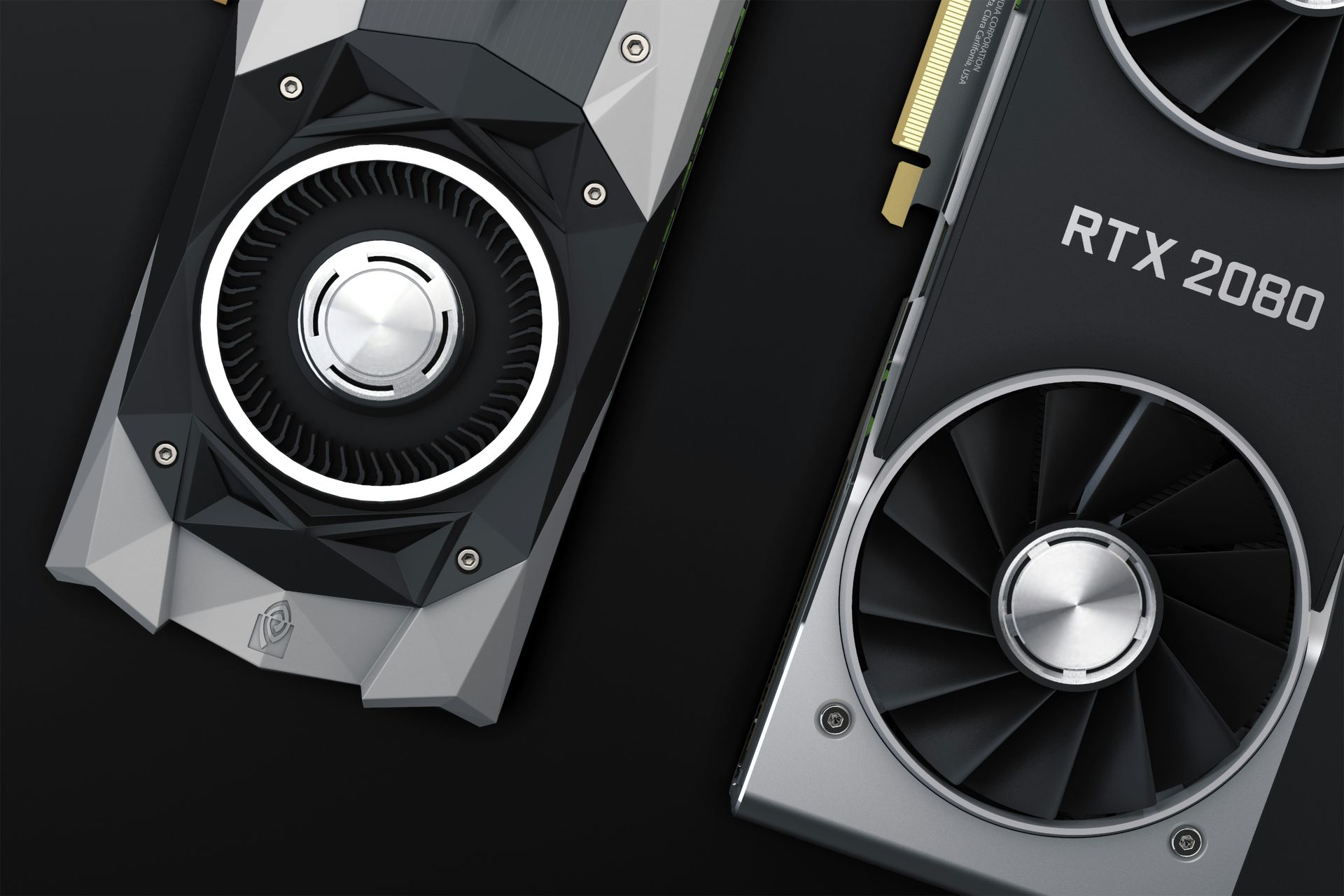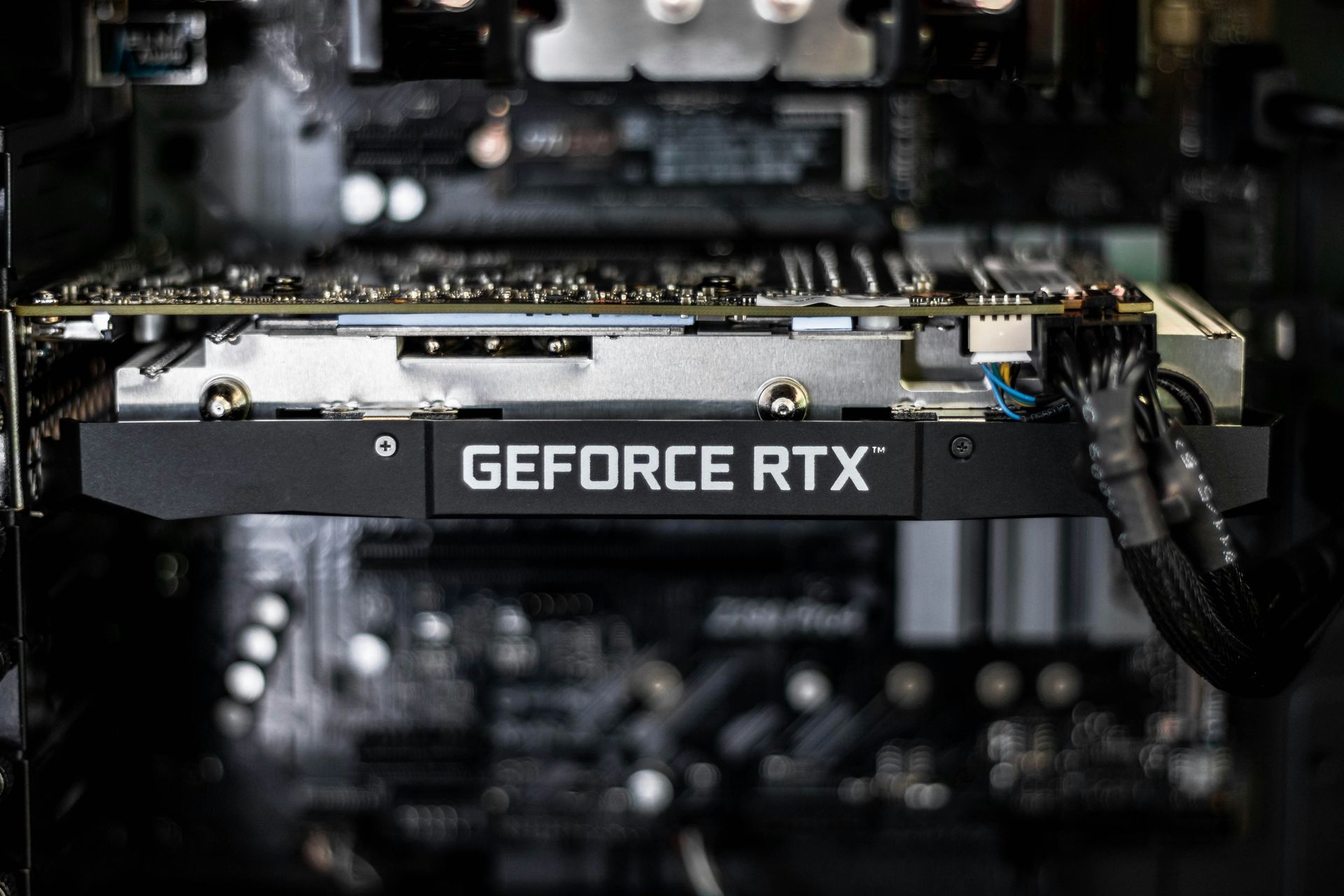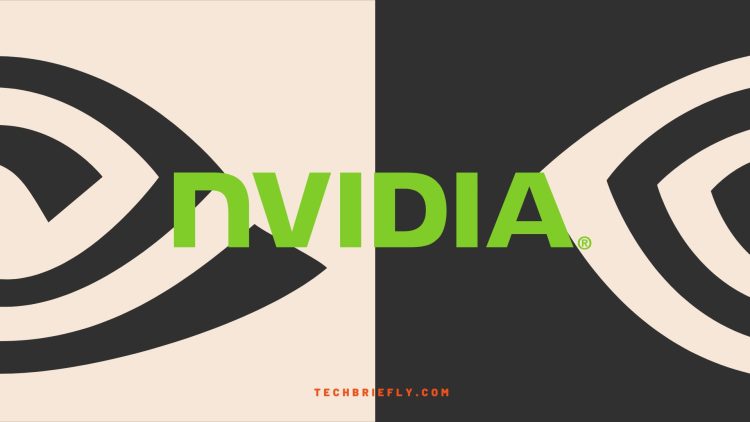Imagine a laptop with Nvidia’s ARM-based processor and a powerful RTX graphics card combined with artificial intelligence. This scenario is about to become a reality. In a recent interview with Bloomberg, Nvidia CEO Jensen Huang, and Dell CEO Michael Dell confirmed that Nvidia will join the AI-powered personal computer bandwagon next year.
In October 2023, news broke that Microsoft was encouraging Nvidia and AMD to enter this market to rival Apple’s M-series chips. Currently, Qualcomm has an exclusive agreement with Microsoft to make ARM-based Windows laptops, but that right will reportedly expire after 2024.

Nvidia to produce one chip every year
Nvidia has been harnessing the power of AI for years. This includes machine learning innovations like DLSS and ray tracing, which are available with RTX graphics cards. ARM-based processors and powerful RTX graphics cards could push the performance of AI-powered laptops to new heights. Nvidia’s experience in AI could play an important role in the success of these new products.
The company’s AI research division is making advances in areas such as computer vision and natural language processing. Its enterprise GPUs support data centers and cloud AI services. Nvidia has the Grace Hopper Superchip for advanced workstations and has produced Tegra series SoCs in the past. There is also the idea of developing a low-power SoC for handheld consoles or compact gaming laptops.
Nvidia made $14 billion in profit in a single quarter thanks to its artificial intelligence chips and is accelerating its efforts in this area. Nvidia CEO Jensen Huang announced that Nvidia will now design new chips every year instead of every two years. Until now, Nvidia has produced a new architecture roughly every two years; for example, it introduced Ampere in 2020, Hopper in 2022, and Blackwell in 2024. Analyst Ming-Chi Kuo reports that the next architecture, “Rubin”, will arrive in 2025 and we could get an R100 AI GPU next year.
Huang says Nvidia will accelerate all other chip types to match this pace. His statement reads as follows: “New processors, new GPUs, new network NICs, new switches. A mountain of chips is coming.” This accelerated production cycle could boost Nvidia’s competitiveness and consolidate its leadership in AI technologies. Nvidia’s strategy could allow the company to strengthen its market position and create new business opportunities.

Nvidia shares exceed $1000
Nvidia CEO Jensen Huang announced quarterly earnings for the artificial intelligence chip designer that beat market expectations. The company, named the most important stock in the world by Goldman Sachs, is a key indicator of the pace of AI progress. Nvidia’s shares rose more than 4.4% in extended trading, topping $1,000 for the first time.
Quarterly earnings and sales beat Wall Street estimates and the AI giant announced a 10-for-1 stock split. Revenue topped $26 billion, up 18% from the year-ago quarter, while earnings were an adjusted $6.12. For the current quarter, the company expects sales to exceed $28 billion, which also exceeds expectations. “We believe these earnings will act as a lifeline for the market and sustain the broader market rally,” says Deiya Pernas, co-founder of Pernas Research. The automotive sector is expected to be the largest source of business for Nvidia data centers this year, according to the company. Brands such as Tesla, BYD, and Xiaomi are respectively investing in self-driving technology, planning new factories and stores, and developing new home platforms.
Big tech platforms like Meta are also investing in AI assistants in their core apps like Facebook, Instagram, Messenger, and WhatsApp, creating a strong source of growth. For Nvidia’s latest Blackwell chip, executives cite Amazon, Google, Microsoft, OpenAI, Oracle, and Elon Musk’s xAI among early customers on the earnings call. Huang also notes that “about 15,000, 20,000” new productive AI startups are in the pipeline, and customers are “putting a lot of pressure on us to deliver.” This dynamic illustrates Nvidia’s growth potential and industry impact.
Featured image credit: Furkan Demirkaya





